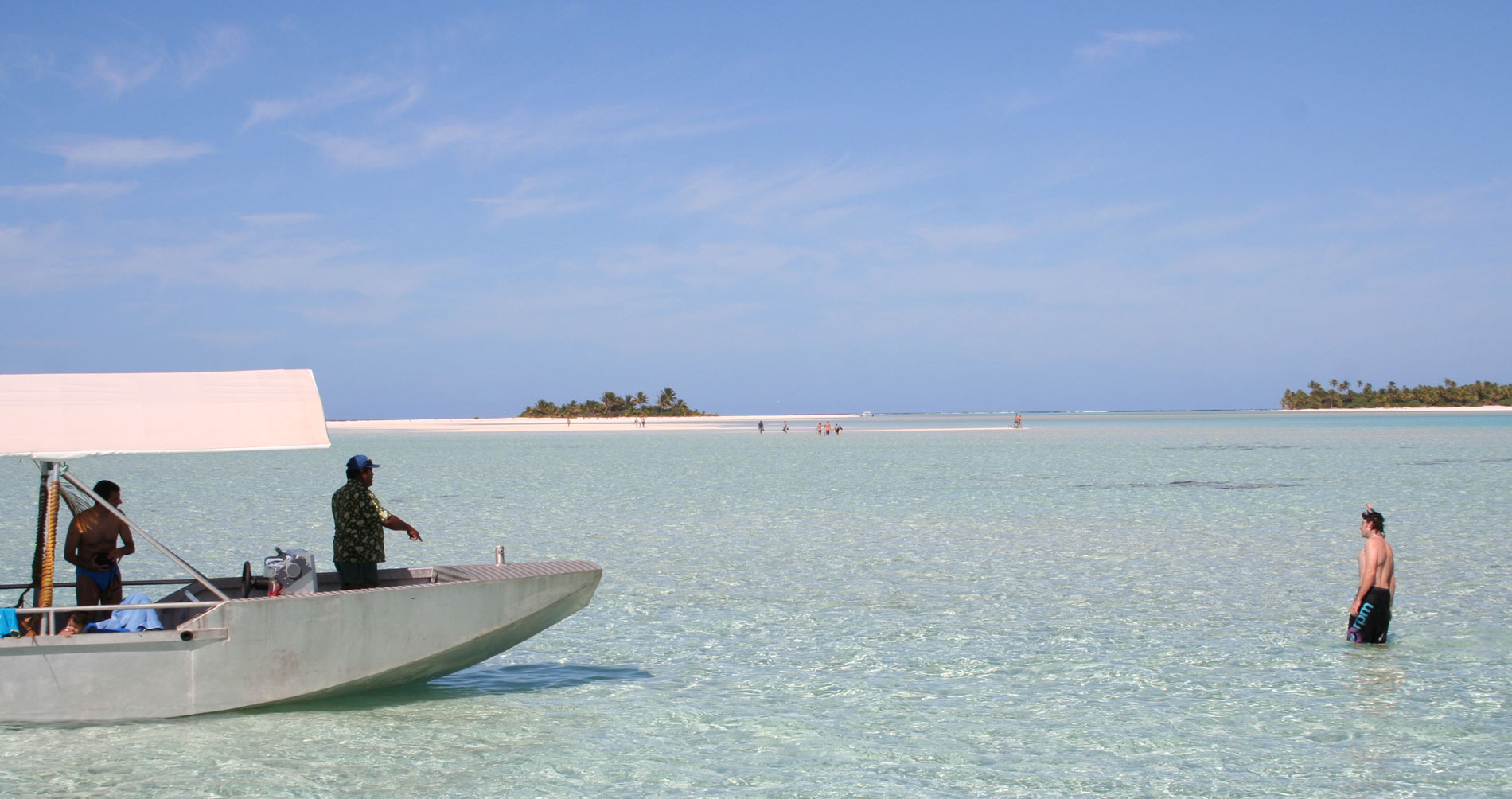How is Dengue Fever spread?
Dengue Fever is primarily an urban disease spread by the bite of an infected mosquito. These mosquitos generally bite during the day. The female mosquito is the one who does the biting, and never lives more than about 100 metres from dwellings. The sound of her wings cannot be heard and she usually attacks from below and behind eg: underneath chairs and mainly on legs and ankles.
The mosquito is a nervous feeder, stopping feeding at the slightest movement, only to return to the same or closest person moments later. For this reason, it’s not uncommon for a whole household to catch the disease.
What are the symptoms of Dengue Fever?
Babies and young children may just have a fever with a rash, but older children and adults may have a combination of:
- Flu-like illness
- High fever and chills
- Shakes and sweating
- Severe headaches
- Severe pain behind the eyes
- Extreme muscle and joint pains
- Generalised rash over the body
- Bruising and bleeding of the limbs, face and trunk
- Vomiting or passing blood in the urine or faeces
A large percent of Dengue infections have no symptoms. Those who do, most commonly present with a mild to moderate fever illness. A small percent develop sever, life-threatening disease.
Who is at risk?
Those who have previously had Dengue Fever are at risk of ‘Severe Dengue Fever’, a fatal bleeding disorder. Age is a factor – the young are worse off than older people, as well as compromised or reduced immunity.
How to avoid Dengue Fever
There are no preventive medications or vaccines for Dengue fever, but there are steps you can take to reduce your risk of being bitten by infected mosquitoes.
- Minimise mosquitoes: mosquito-prone areas (such as vessels holding water, discarded cans and bottles, and old tyres half submerged in swampy water) are the types of places mosquitos can breed.
- Burn Mosquito coils in the immediate area. CARE is suggested here because breathing problems, or even asthma, may rarely develop.
- Electric plug chemicals will also help to repel mosquitoes from a room.
- Spray a “knock down” insecticide in sleeping and living areas.
- Understand the feeding and behavioural patterns of the mosquito carrier.
- Use insect repellent on exposed skin surfaces, particularly during the day.
- Repellents containing 30% to 50% DEET (N,N-diethyl-m-toluamide) are recommended.
- Clothing and mosquito nets can be treated with Permethrin for greater protection.
- Stay in accommodation that is well screened, or has air-conditioning, and that takes measures to reduce the mosquito population, where possible.
- Reduce mosquito breeding sites by emptying standing water that may have collected in containers (eg: uncovered barrels or flower vases) by either overturning the vessels or covering the opening.
- If illness develops, take precautions to limit mosquito bites and to avoid further spread of infection, eg: use a mosquito net
- Avoid perfumes: mosquitoes are attracted to scents.
Further information about Dengue Fever
Please note that the recommendations given are general guidelines as to what may be required for a trip to these countries. However, they really do depend on many factors of your travel itinerary and medical history. All travellers are strongly advised to make an appointment to see a WORLDWISE Travel Doctor for up to date advice (including a vaccination plan and anti-malaria recommendations) tailored specifically to your upcoming trip.
Remember, our Travel Health Specialists are travellers too and have probably been to the region that you are going to. They appreciate the importance of enjoying a problem-free trip and of staying healthy abroad.

